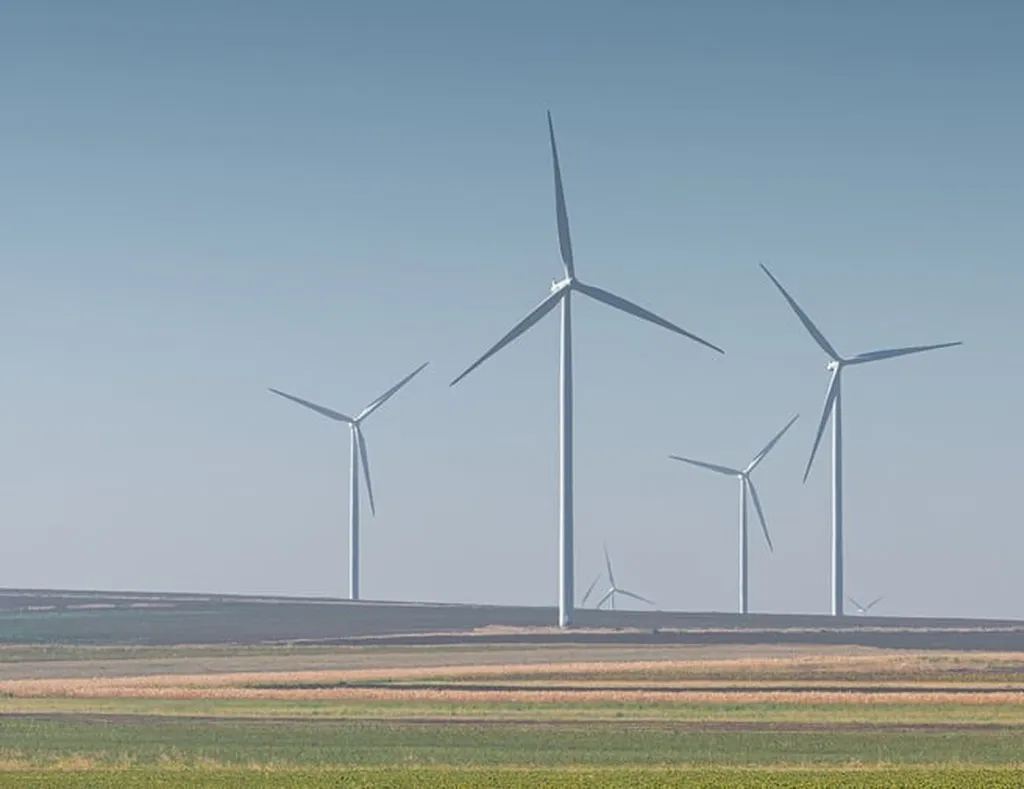Ingka Investments, the investment arm of the IKEA retailer, has taken a significant step in streamlining its renewable energy portfolio by awarding asset management contracts to Exus Renewables and WPO. The contracts, covering over 500MW of wind and grid infrastructure across seven European countries, mark a strategic shift towards consolidating service providers and standardising management practices.
Exus Renewables will oversee assets in France, Germany, and Poland, while WPO will manage sites in the UK, Ireland, Sweden, and Lithuania. The five-year contracts encompass 23 wind farms and one grid asset, with services ranging from technical and commercial management to site and monitoring operations. This consolidation aims to enhance performance-driven management across Ingka’s renewable energy portfolio.
“We firmly believe that Exus Renewables and WPO will contribute to a more value-based asset management, aligned with our strategic focus,” said Mathieu Meijer, head of asset management for operational assets at Ingka Investments. This move underscores Ingka’s commitment to optimising its renewable energy investments and ensuring long-term value creation.
The decision to consolidate service providers is not merely about efficiency; it reflects a broader trend in the energy sector towards standardised, performance-oriented asset management. By aligning its portfolio under fewer, more specialised managers, Ingka can better leverage data-driven insights and best practices across its diverse geographies.
This development also signals Ingka’s intent to expand its renewable energy footprint. The company plans to issue further tenders for Finland, Iberia, and other regions in the coming years, indicating a robust pipeline of projects. As the energy sector continues to evolve, such strategic consolidations could become more common, driving greater efficiency and innovation in renewable energy management.
The choice of Exus Renewables and WPO suggests a preference for partners with proven expertise in wind energy and grid infrastructure. Their roles will be crucial in maintaining and enhancing the performance of Ingka’s assets, ensuring they meet the retailer’s sustainability goals and contribute to its broader energy strategy.
In the broader context, this move could influence how other large corporations approach renewable energy asset management. As more companies commit to sustainability targets, the demand for specialised, performance-driven management services is likely to grow. This could spur competition among asset managers, driving further innovation and efficiency in the sector.
Moreover, the standardisation of asset management practices could facilitate better data sharing and collaboration among industry players. This, in turn, could lead to more informed decision-making and improved performance across the renewable energy landscape.
As Ingka Investments continues to expand its renewable energy portfolio, its strategic decisions will be closely watched by industry stakeholders. The company’s approach to asset management could set a benchmark for others in the sector, shaping the future of renewable energy investments and operations.

